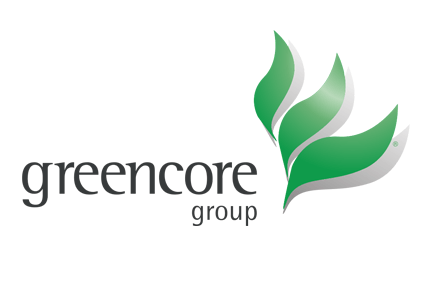
Greencore said its newly-installed chief operating officer Peter Haden will step down from the Ireland-based private-label manufacturer at the end of the year.
London-listed Greencore made the announcement in conjunction with its full-year results showing a decline in revenues but a surge in profits before tax. Haden only became COO in May having been promoted from CEO of the company’s UK division and after previously holding a number of other key positions at the business.

Discover B2B Marketing That Performs
Combine business intelligence and editorial excellence to reach engaged professionals across 36 leading media platforms.
He will step down on 31 December and depart on 12 April, according to a statement today (26 November). Haden will also relinquish his role as an executive director.
Greencore said the management decision follows its exit from the US market last year, a “reset” of the company’s strategy and the “consequent need to simplify the management structure under the leadership of the group CEO Patrick Coveney”.
Chairman Gary Kennedy added that Haden will stay in his current role until the end of December, when Coveney will “assume responsibility for the [Haden’s] principal management responsibilities”.
As well as the US, the company also recently exited the cakes and desserts category in the UK but then instigated an acquisition in September, that of salad and chilled-snack maker Freshtime UK. Greencore’s portfolio now covers sandwiches, salads and sushi, along with chilled lines in snacks, ready meals, soups and sauces and quiche. It also includes ambient sauces and pickles and frozen Yorkshire puddings.

US Tariffs are shifting - will you react or anticipate?
Don’t let policy changes catch you off guard. Stay proactive with real-time data and expert analysis.
By GlobalDataCoveney said today: “Peter has made an enormous contribution to Greencore during his five years with us. As chief development officer, chief executive of our UK business, and as group chief operating officer, he brought strategic clarity, functional excellence, and a results-driven focus to the group. He did all that while also being driven, collaborative, and great fun to work with. I wish him the very best in his future career.”
Martin Deboo, an equity analyst at Jefferies, commented on Haden’s departure in a note to clients: “We see the de-duplication of roles at the top of the company as welcome and the implied longevity of Patrick Coveney in the CEO role as a positive.”
Greencore reported revenues for the year to 27 September dropped 3.5% to GBP1.45bn (US$1.87bn), while operating profit climbed 0.9% to GBP105.5m. Profit before tax surged to GBP56.4m from GBP17.8m a year earlier.
Commenting on the results published today, Coveney said: “Over the past 12 months, we have fundamentally reset our business, anchored by a clear strategy to drive shareholder value by expanding our category and channel capabilities within the diverse, growing and attractive UK food-to-go market. The evidence of this can be seen in the launch of multiple commercial and innovation projects with key customers, and in the recent acquisition of Freshtime. As a result of this reset strategy, we anticipate another year of profitable growth in fiscal year ’20.”
The earnings statement noted for the coming financial year: “The group’s medium-term financial ambitions are for mid single-digit organic revenue growth, high single-digit adjusted EPS growth, the conversion of half of its adjusted EBITDA to free cash flow and for mid-teen ROIC.
“A strong balance sheet and improved free cash-flow conversion leaves the group well placed to deliver on these ambitions and to consider further organic and inorganic investment in line with its capital allocation policy and strategic objectives.”
Greencore had GBP54.9m of free cash flow at year-end, a drop of GBP37.5m. It also saw debt levels decline to GBP288.5m from GBP501m a year earlier, while the leverage ratio – measured as net debt-to-EBITDA – fell to 1.8 times from 2.3 times.





